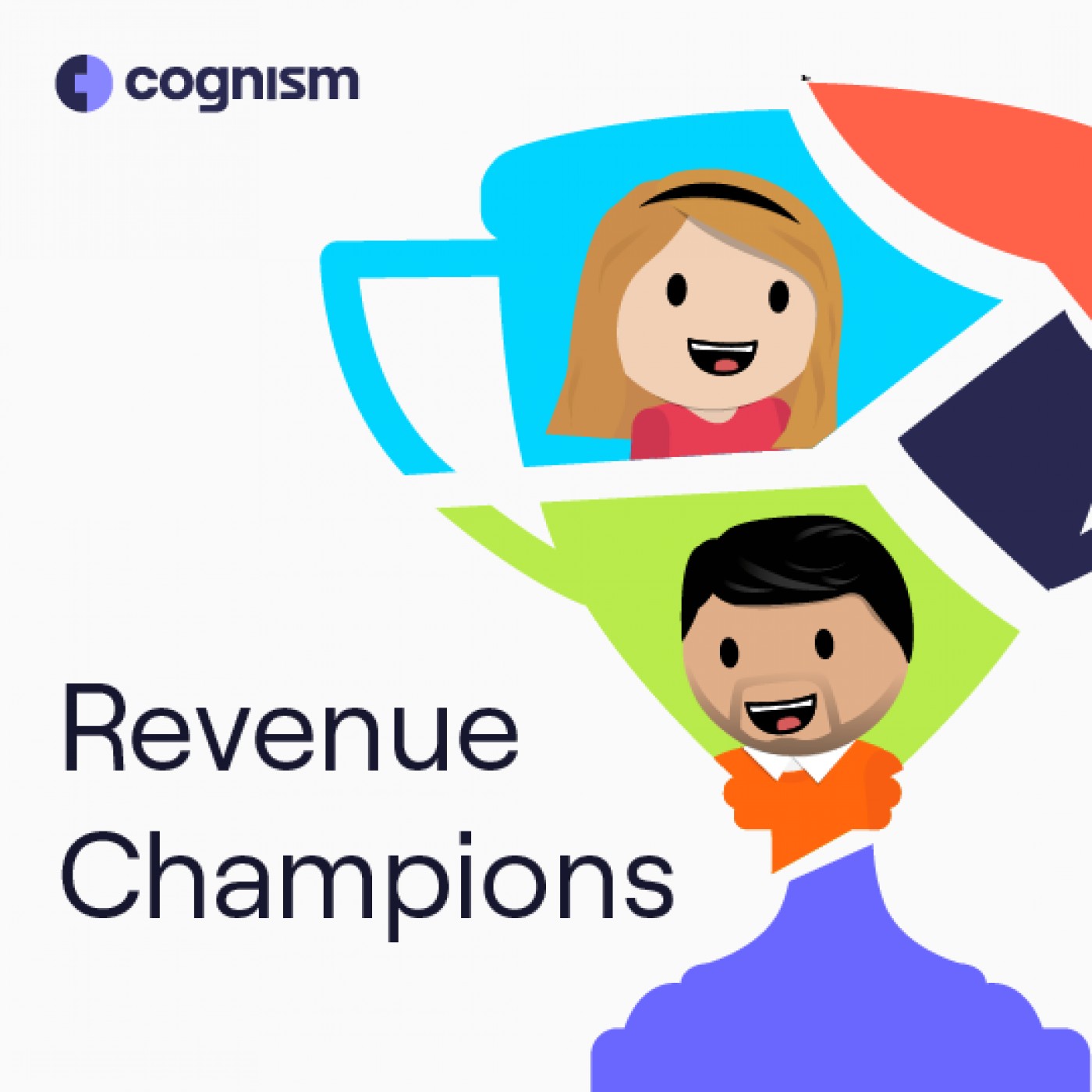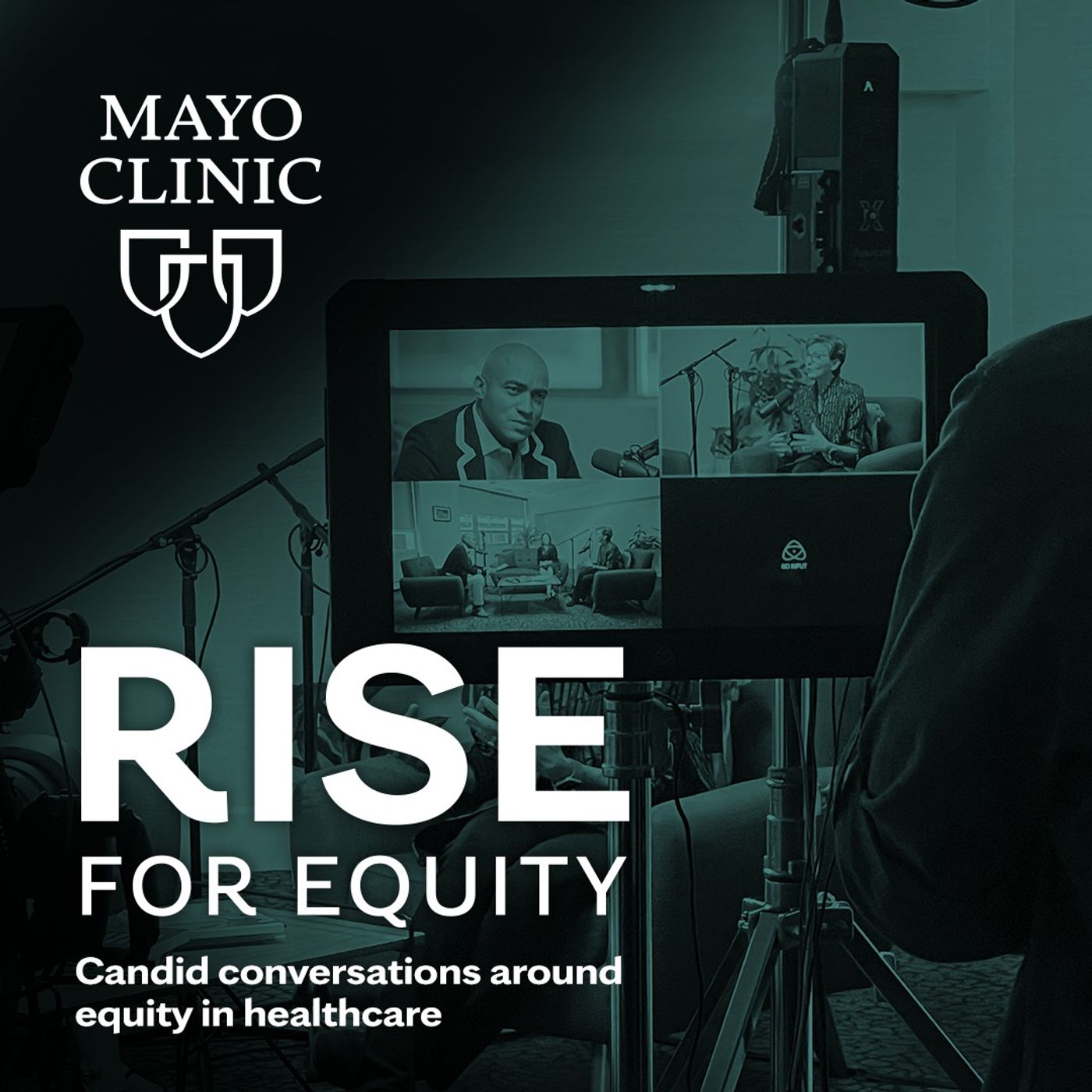- After-Shows
- Alternative
- Animals
- Animation
- Arts
- Astronomy
- Automotive
- Aviation
- Baseball
- Basketball
- Beauty
- Books
- Buddhism
- Business
- Careers
- Chemistry
- Christianity
- Climate
- Comedy
- Commentary
- Courses
- Crafts
- Cricket
- Cryptocurrency
- Culture
- Daily
- Design
- Documentary
- Drama
- Earth
- Education
- Entertainment
- Entrepreneurship
- Family
- Fantasy
- Fashion
- Fiction
- Film
- Fitness
- Food
- Football
- Games
- Garden
- Golf
- Government
- Health
- Hinduism
- History
- Hobbies
- Hockey
- Home
- How-To
- Improv
- Interviews
- Investing
- Islam
- Journals
- Judaism
- Kids
- Language
- Learning
- Leisure
- Life
- Management
- Manga
- Marketing
- Mathematics
- Medicine
- Mental
- Music
- Natural
- Nature
- News
- Non-Profit
- Nutrition
- Parenting
- Performing
- Personal
- Pets
- Philosophy
- Physics
- Places
- Politics
- Relationships
- Religion
- Reviews
- Role-Playing
- Rugby
- Running
- Science
- Self-Improvement
- Sexuality
- Soccer
- Social
- Society
- Spirituality
- Sports
- Stand-Up
- Stories
- Swimming
- TV
- Tabletop
- Technology
- Tennis
- Travel
- True Crime
- Episode-Games
- Visual
- Volleyball
- Weather
- Wilderness
- Wrestling
- Other
Is AI Biased? How Do We Fix It?
Maia Hightower, M.D., M.B.A., MPH Chief Digital Technology officer of the University of Chicago MedicineIvor Horn, M.D. MPH Director, Health Equity & Social Determinants of Health, Google Artificial Intelligence is full of technological and economic promise, but just like its creators, AI isn’t free from subconscious discrimination. As AI becomes more commonplace in the medical field, questions of whether racial bias will be mitigated or expanded in the future are omnipresent. The solution will depend on how much effort is put into making AI more equitable. Join Lee Hawkins, Drs. Maia Hightower and Ivor Horne as they delve into this new frontier.“Algorithmic bias is part of our history. It is part of the history of medicine, part of the history of the United States, and part of the history of our world, for many reasons.”--Dr. Maia Hightower“The real-world bias is in the real-world data.”--Dr. Maia Hightower“I literally went into medicine to transform the way people behave in, the way physicians behave in health care.”— Ivor Horn, M.D. MPH“And when I think about technology, it's all about, ‘how am I giving people more information, more access,’ so that when they walk through the doors of a health care system, like, they have the tools to say, ‘I know this, I understand this, this is my question for you, and this is what I expect of this health care system for me and for my family.’”— Ivor Horn, M.D. MPH“We know that data shows that more diverse teams have better outcomes. They're more, businesses are more profitable when they have more diverse teams sitting around the table. And it's really important not just to have the team but also give the team space to speak and confidence to have their voice and bring and be their full selves when they come to the room.”— Ivor Horn, M.D. MPH








